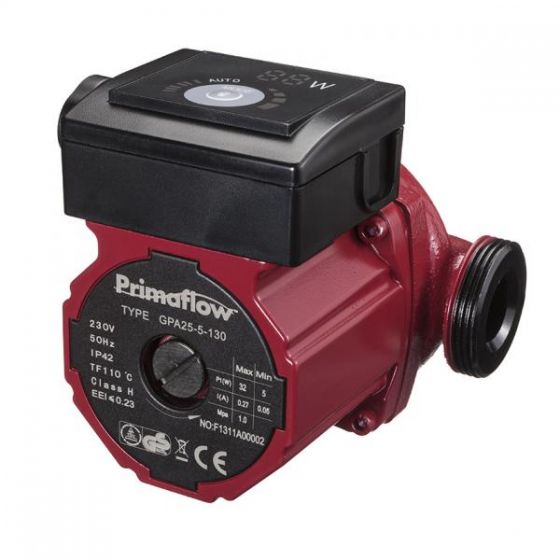There are numerous different heating systems in the marketplace today that men and women often aren’t sure what type is the best on their behalf. Along with rising heating costs, more and more people are looking for the most energy and cost successful systems. Heat pumps are becoming more and more popular because for this very reason.
Buying A Heat Water pump
When it comes to buying a heat water pump for the home, the best is to have a working familiarity with what a heat pump is and the advantages and disadvantages of one. Heat pumps are incredibly effective for functioning as both a furnace and an air conditioner.
What you get is two appliances in one, with air health and fitness in summer and heating in winter. In summer season heat pumps will take the air from your home, and when it gets cold the complete process simply reverses. Temperature pumps have become the most prevalent way to get cool air in summer and heating in winter in america for those states in which the climate is temperate.
Features of A central heating pump
Regarding heating the home, temperature pumps are definitely one of the most effective systems available. Heating your home this way means lower power bills as you are saving energy. Heating through furnaces brings a ‘dry air feel’ to the home, so people use humidifiers to correct this.
With electric heat pumps you do not desire a humidifier. Heat pumping systems also run far less busy than other heating systems because the compressor is located outside of the home or building. Several people get the cost both an advantage and drawback with a heat pump motor. It depends how you look at it, as the huge savings on energy and bills counter-balance the cost.
Geothermal heat pumps are high priced, but also bring the biggest cost savings. The fuel and electricity efficiency is the biggest benefit from heat pumps. The heat is not produced through fossil fuels or electricity, thus making this system eco-friendly as well as cost saving. Heat pumping systems are most suited to temperate climates as below freezing temperatures can bring disadvantages.
Many homeowners scrape their heads over the difference between a core ac and a temperature pump. After all, they look very similar and both provide cooling. Thus what’s the difference? Study on to learn about some heat pump advantages.
How Heat Pumps Look like Central A/Cs
In terms of household cooling, a heat water pump and A/C are fundamentally the same machine. The two systems use the refrigeration process to extract warmth energy and moisture from inside air, and then release the heat into the outside air, using refrigerant, copper coils, fans and a compressor. Moisture removed from the air trickles into a condensate selection pan and then canal away. Both systems use an excellent fan indoors to circulate the cool air (which results from temperature removal) through ducts and into rooms.
How a Heat Pump Is Exceptional to an A/C
Amongst all the heat pump motor advantages, the principle one is you get both cooling and heating with the heat pump. It provides high-efficiency cooling throughout summer, and efficient heating in the cold weather. To be able to warm your home, a reversing valve in hot weather pump motor switches the flow of refrigerant. As the inside and outside refrigerant coils flip-flop their roles in the process, heat energy is extracted externally air, brought inside and released into the interior air. A well-maintained air-source temperature pump can deliver 3 x the heat energy as the energy that goes into it. This is much more efficient than even the most effective gas heater, which can never do better than 100 pct efficiency.
The ability to warmth and cool makes air-source heat pumps a convenient alternative for homeowners. Nevertheless, you will find a caveat – in winter, a heat water pump will struggle to draw out sufficient heat from the outside air to pleasantly heat a home. Yet most heat pumps come with an emergency or auxiliary heating factor (or backup gas furnace) to consider over when outside temperature ranges fall below freezing for longer periods.
